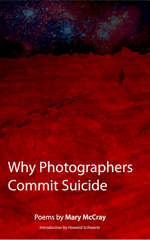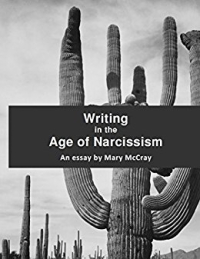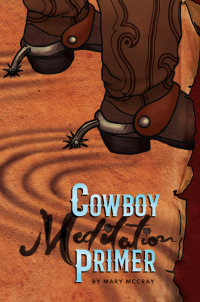 I guess this will be an evolving conversation. Or maybe this is just a topic I've become entangled with after defending Bob Dylan as a Nobel-Prize-winning poet. It's been my longtime experience that poets and songwriters, neither one, like to talk about the permeable in-between-ness of what they do.
I guess this will be an evolving conversation. Or maybe this is just a topic I've become entangled with after defending Bob Dylan as a Nobel-Prize-winning poet. It's been my longtime experience that poets and songwriters, neither one, like to talk about the permeable in-between-ness of what they do.
Here are my latest arguments:
- The first ancient writings we consider to be poems were either recited or sung. Poetry predates literacy and recitations needed to be mnemonic. They were usually metrical or musical. (https://en.wikipedia.org/wiki/History_of_poetry)
- The word ballad itself points back to poems and songs. There are both musical and poetry ballads, showing their shared history. (https://en.wikipedia.org/wiki/Ballad)
- Both songs and many formal poems arrange themselves in stanzas. Another word for stanza, according to poet and poetry historian Edward Hirsch, is stave or staff, which is another connection to music. According to PoetrySchool.com, (OMG, I could get lost on that site):
"what we would now understand as lyric poetry can be traced back to a way of performing in which an individual poet would accompany themselves on a lyre while they sang their verses. What we now call the stanza was a group of lines in a set meter whose pattern was repeated, most likely to be sung to the same repeated melody, like the pop lyrics of today."
Mic drop.
- Poetry forms employ more repetitive elements than free verse: rhymes, repeated lines and metrical structures. Forms add constraints. Forms and free verse each have affordances, a set of possibilities and limits to their structures, such as these:
Forms are easier to memorize.
Forms are easier to set to music.
Forms look organized and clean on paper.
Forms are more predictable.
Free verse often sounds like it rambles.
Free verse sounds less sing-song-y and therefore more serious.It’s an art of stretching or stuffing whatever structure you choose to work with. Joni Mitchell songs sound more like free verse, (and her lyrics also work as poems, which is why she published them in a big beautiful book that I own, Joni Mitchell, The Complete Poems and Lyrics).
- Here's a rubric I like to use: does this lyric rise to the level of fooling anyone who might not know it's a song? If you read an unfamiliar lyric and mistook it for a poem: Booya! It’s hard to test this theory out with music snobs but I did pass off a Bernie Taupin lyric in an anthology of my favorite poems in graduate school, as I did with a Gary Shandling joke that I broke up with line breaks.
- There’s a big difference between "You Take My Breath Away" and "Whiter Shade of Pale." Consider this recent example I've been using with my Cher friends, two very different kinds of social-consciousness lyrics:

The first link is Cher singing some vague generalities in her newest song written by Diane Warren, "Prayers for This World" (2017) The second link is Cher singing some lyrics of chilling specificity in her version of "Masters of War," written by Bob Dylan (1968).
The second link is Cher singing some lyrics of chilling specificity in her version of "Masters of War," written by Bob Dylan (1968).
Some songs are just songs and some songs are poetry.
Some will argue that the test above was not a fair contest. And I agree. Because one of these writers is a poet.
I've been talking a lot about Mary Pipher's book, Writing to Change the World. As a therapist, she talks about the difficulties of persuasion and change. In the end of the book she addresses both music and poetry and points out some very interesting differences that are relevant here:
“The auditory circuits that carry music to the brain are proximate to the part of the brain that controls emotions. Music causes both to vibrate, and literally moves us to feelings. Because music burrows so deeply into our psyches, singing adds power and richness to words. Test this theory for yourself by reciting, then singing, 'Glory, Glory, Hallelujah.'
"Music is connected to memory in different ways than speech. Alzheimer’s patients who no longer remember names can still sing songs. People in deep comas often can respond to music. Songs transport us back to our mother’s cradling, our first day of school, making out in our parents’ basements, or our trip to the ocean. Songs carry us back in time to the Civil War, the Irish potato famine, the early days on the Great Plains, the Great Depression, or World War II…
"Music taps into galaxies within us all. And music entrains our rhythms with those of other people, causing us to breath together. Singing together builds community instantly. Singing in harmony literally creates harmony. Pete Seeger said, ‘Singing together you find out that there are things you can learn from each other that you can’t learn from arguments or any other way.’”
Here’s how she describes poetry:
“Poetry has the gossamer quality of a snowflake and the power of a sword….poets write precisely and close to the bone."
Anyway, that's all for now…sure to be continued.


















